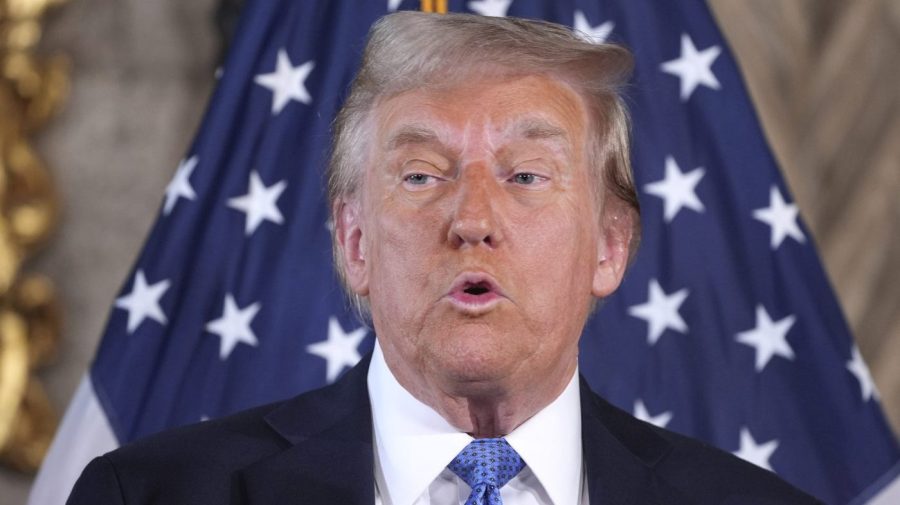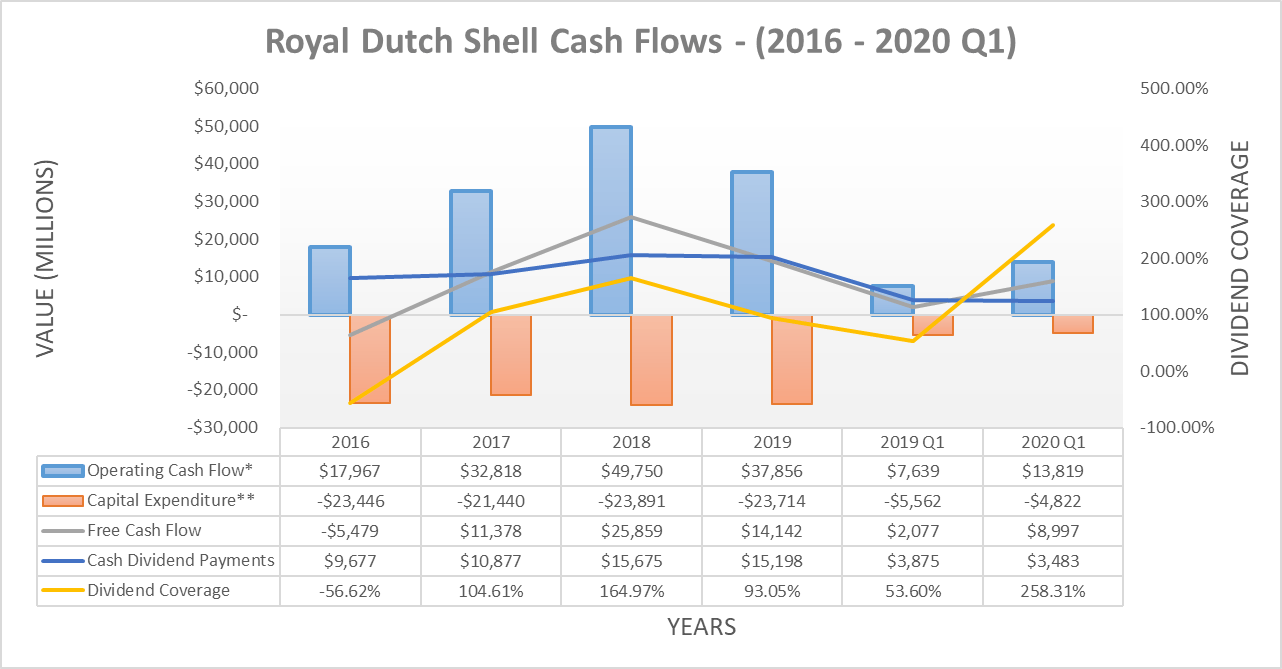FTC Vs. Meta: Analyzing The Implications For Instagram And WhatsApp Users

Table of Contents
The FTC's Allegations Against Meta
The FTC’s lawsuit against Meta centers on two major allegations: antitrust violations and data privacy breaches. These claims challenge the very foundation of Meta’s dominance in the social media landscape and its practices regarding user data.
Antitrust Concerns
The FTC argues that Meta's acquisitions of Instagram and WhatsApp were anti-competitive, designed to eliminate potential rivals and solidify Meta's monopoly in the social networking market.
- Examples of alleged anti-competitive practices: The FTC alleges that Meta acquired Instagram and WhatsApp to prevent them from becoming serious competitors to Facebook. They argue that Meta used its market power to stifle innovation and limit consumer choice.
- Preventing further acquisitions: A key aim of the FTC's lawsuit is to prevent Meta from making further acquisitions that could further consolidate its market power and harm competition. The FTC seeks to promote a more competitive and innovative social media ecosystem.
Data Privacy Violations
The FTC also alleges that Meta has engaged in deceptive and unfair data privacy practices, violating user trust and potentially exposing sensitive information.
- Specific examples of alleged data privacy violations: The FTC points to concerns about Meta's data collection practices, including the extensive collection of user data beyond what is necessary for providing services, and alleged insufficient safeguards against data breaches and misuse. They highlight concerns about user consent and the transparency of data usage policies on both Instagram and WhatsApp.
- Potential consequences for users: If the FTC's allegations are proven, users could face increased risks of data breaches, identity theft, and targeted advertising based on sensitive personal information.
Meta's Defense and Counterarguments
Meta has vigorously defended itself against the FTC's allegations, arguing that its acquisitions benefitted users and fostered competition.
Arguments Regarding Competition
Meta contends that the social media market is highly competitive, with numerous players offering diverse services.
- Examples of competition in the social media market: Meta points to the existence of platforms like TikTok, Twitter (now X), Snapchat, and others, arguing that these platforms offer substantial competition.
- Benefits of integration for users: Meta highlights the benefits of integration between its services, such as easy sharing of content across platforms and a unified user experience. This, they argue, enhances convenience and user satisfaction.
Data Privacy Measures
Meta insists it takes data privacy seriously and has implemented various measures to protect user information.
- Specific privacy features or updates: Meta points to ongoing improvements in its data security infrastructure, enhanced user controls, and increased transparency regarding data collection and usage. They highlight features like enhanced privacy settings and improved data encryption on both Instagram and WhatsApp.
- Commitment to data security and transparency: Meta emphasizes its commitment to complying with data privacy regulations and its ongoing efforts to improve data protection measures.
Potential Implications for Instagram and WhatsApp Users
The outcome of the FTC vs. Meta case could significantly impact Instagram and WhatsApp users.
Changes to App Functionality
If the FTC prevails, significant changes to the functionality of Instagram and WhatsApp are possible.
- Potential scenarios: This could include a forced divestiture of Instagram or WhatsApp, requiring Meta to sell one or both platforms. Alternatively, it might lead to restrictions on data collection practices and integration between services.
Impact on User Privacy
The court’s decision will likely influence the level of user data protection.
- Increased transparency, stricter data handling: A successful FTC case could result in greater transparency regarding data usage and stricter regulations on data handling, ultimately leading to enhanced data protection for users.
Long-Term Effects on the Social Media Landscape
The FTC vs. Meta case will likely have far-reaching consequences for the social media industry.
- Potential ripple effects: The outcome could set a precedent for future antitrust and data privacy cases, impacting how other social media companies operate and potentially leading to increased regulatory scrutiny across the industry.
Conclusion
The FTC vs. Meta case represents a critical juncture in the regulation of big tech and its impact on user privacy. The potential outcomes – ranging from structural changes to Meta’s business model to tighter regulations on data handling – will profoundly affect billions of Instagram and WhatsApp users. Staying informed about the developments in this case is crucial for understanding the implications for your data privacy and online experience. Engage in further research on the FTC vs. Meta case and familiarize yourself with your data privacy rights. Understanding the nuances of the FTC vs. Meta case is a crucial step in safeguarding your digital well-being.

Featured Posts
-
 The 51st State Trumps Jabs At Canada Explained
Apr 30, 2025
The 51st State Trumps Jabs At Canada Explained
Apr 30, 2025 -
 Norwegian Cruise Line Nclh A Hedge Fund Perspective On Stock Investment
Apr 30, 2025
Norwegian Cruise Line Nclh A Hedge Fund Perspective On Stock Investment
Apr 30, 2025 -
 Mobile App Privacy Key Cnil Guidelines And Best Practices
Apr 30, 2025
Mobile App Privacy Key Cnil Guidelines And Best Practices
Apr 30, 2025 -
 7 Carnival Cruise Line Updates Coming Next Month
Apr 30, 2025
7 Carnival Cruise Line Updates Coming Next Month
Apr 30, 2025 -
 Dasmoi Trump I Ekklisi Toy Le Maire Gia Patriotismo Stis Gallikes Epixeiriseis
Apr 30, 2025
Dasmoi Trump I Ekklisi Toy Le Maire Gia Patriotismo Stis Gallikes Epixeiriseis
Apr 30, 2025
Latest Posts
-
 Kinopoisk Darit Soski S Ovechkinym V Chest Rekorda N Kh L
Apr 30, 2025
Kinopoisk Darit Soski S Ovechkinym V Chest Rekorda N Kh L
Apr 30, 2025 -
 Anaheim Ducks Vs Dallas Stars Carlssons Two Goals In Ot Defeat
Apr 30, 2025
Anaheim Ducks Vs Dallas Stars Carlssons Two Goals In Ot Defeat
Apr 30, 2025 -
 Overtime Heartbreak Stars Defeat Ducks Despite Carlssons Two Goals
Apr 30, 2025
Overtime Heartbreak Stars Defeat Ducks Despite Carlssons Two Goals
Apr 30, 2025 -
 The Latest On Neal Pionk News Rumors And More
Apr 30, 2025
The Latest On Neal Pionk News Rumors And More
Apr 30, 2025 -
 Ducks Carlssons Strong Performance Overshadowed In Overtime Loss To Stars
Apr 30, 2025
Ducks Carlssons Strong Performance Overshadowed In Overtime Loss To Stars
Apr 30, 2025
